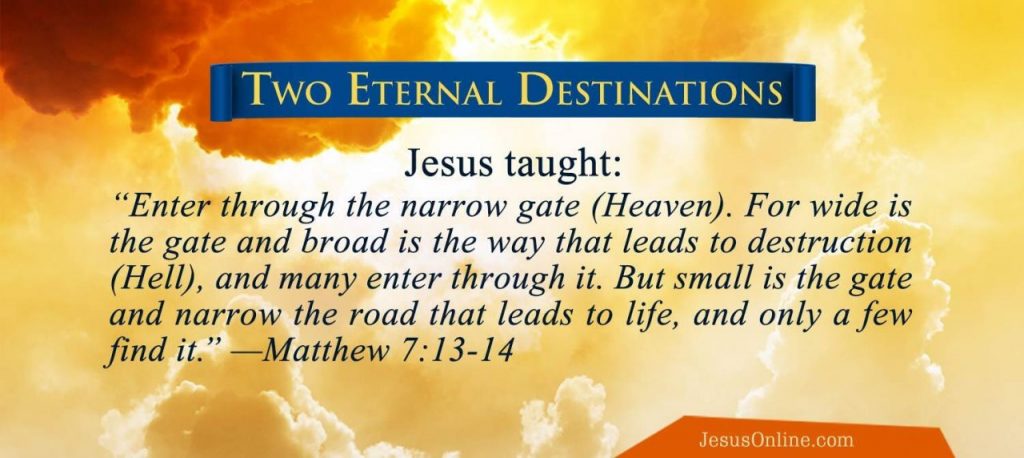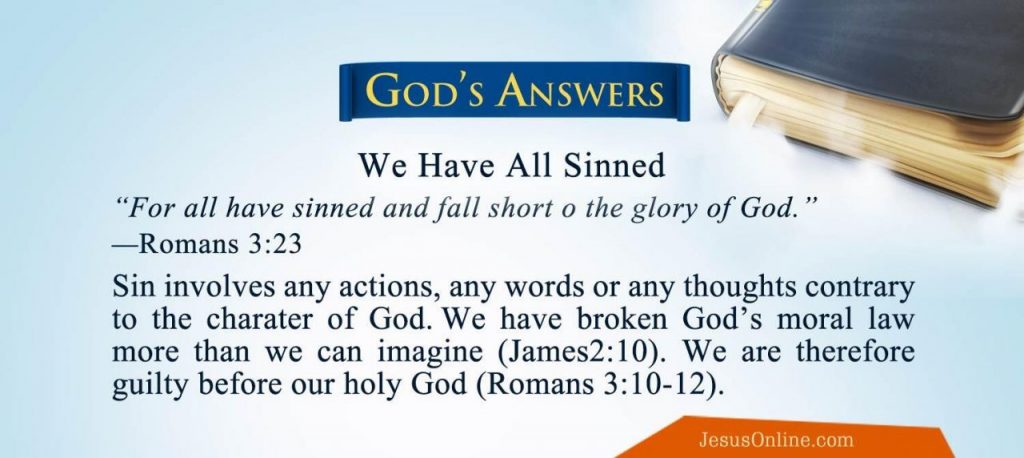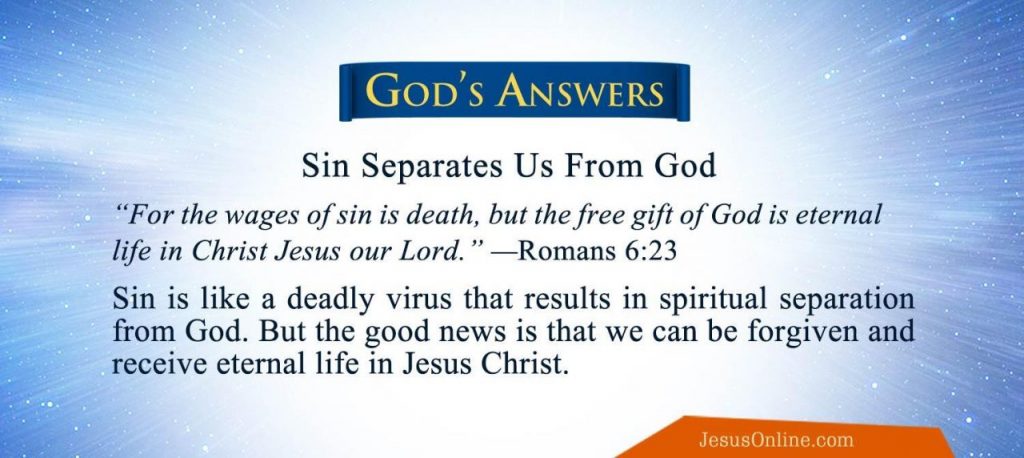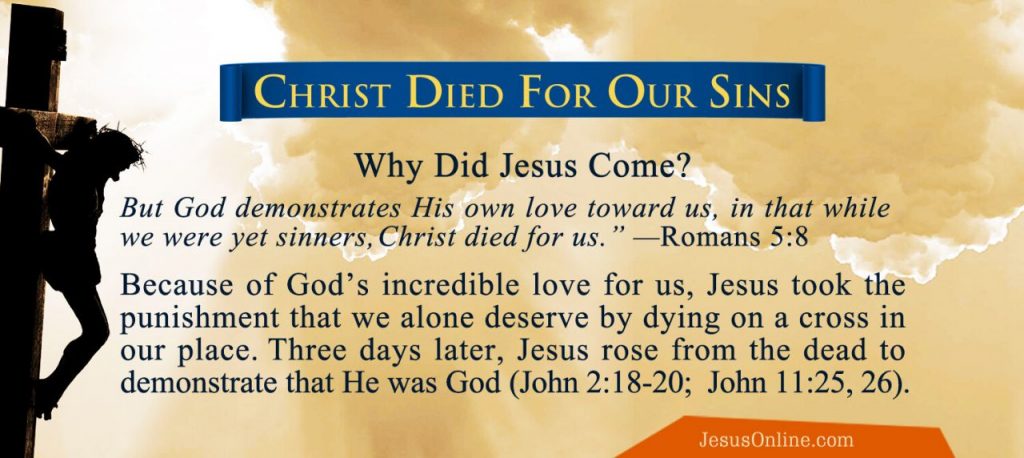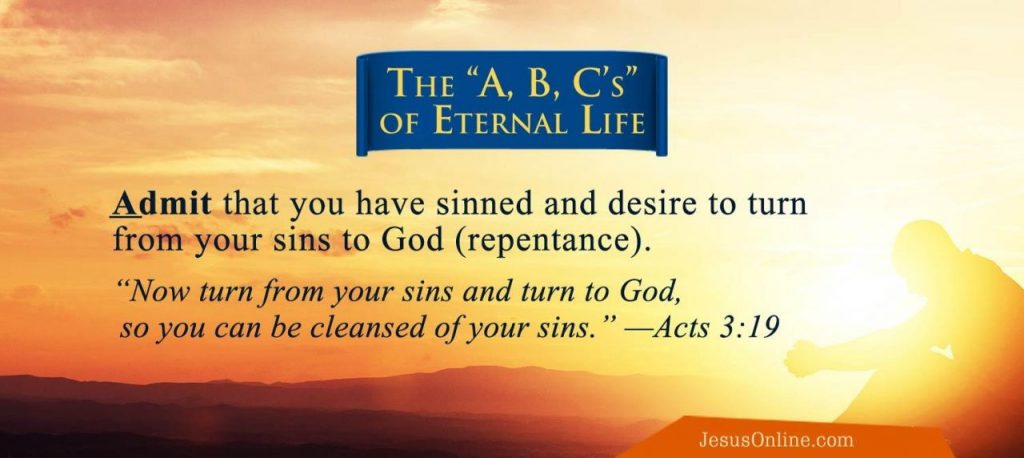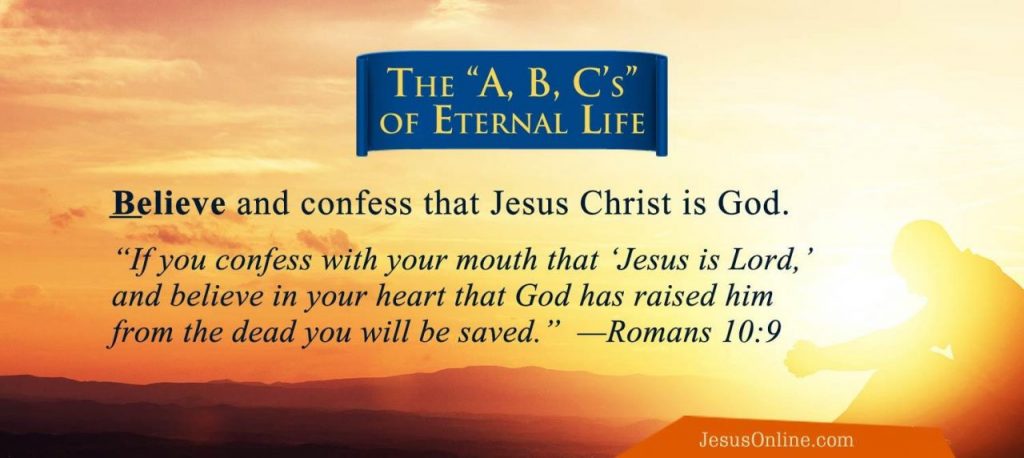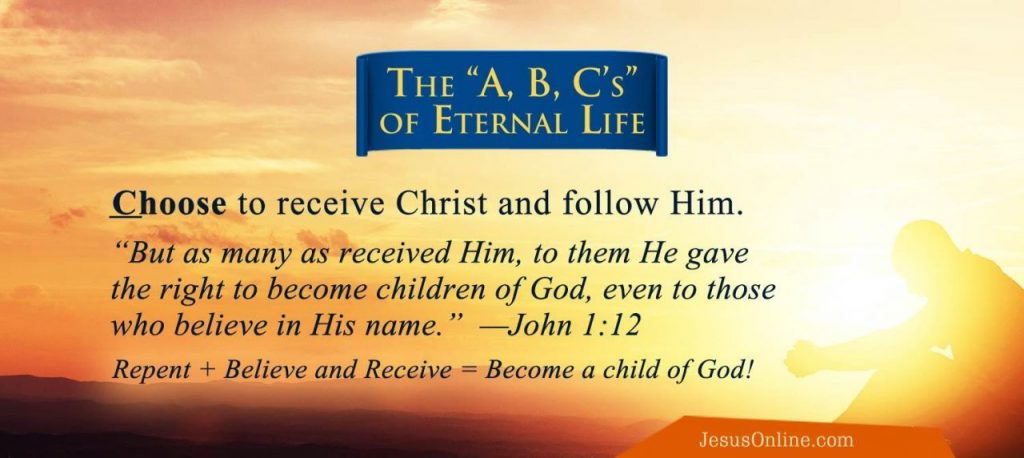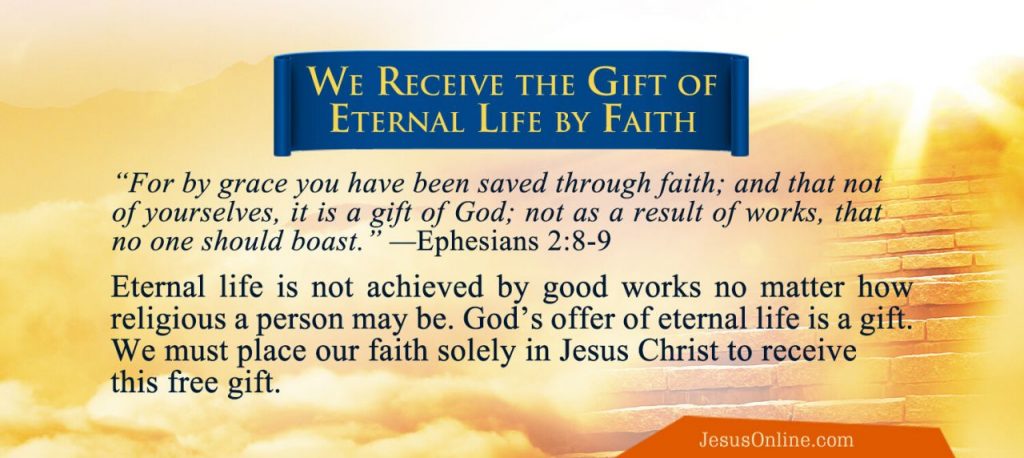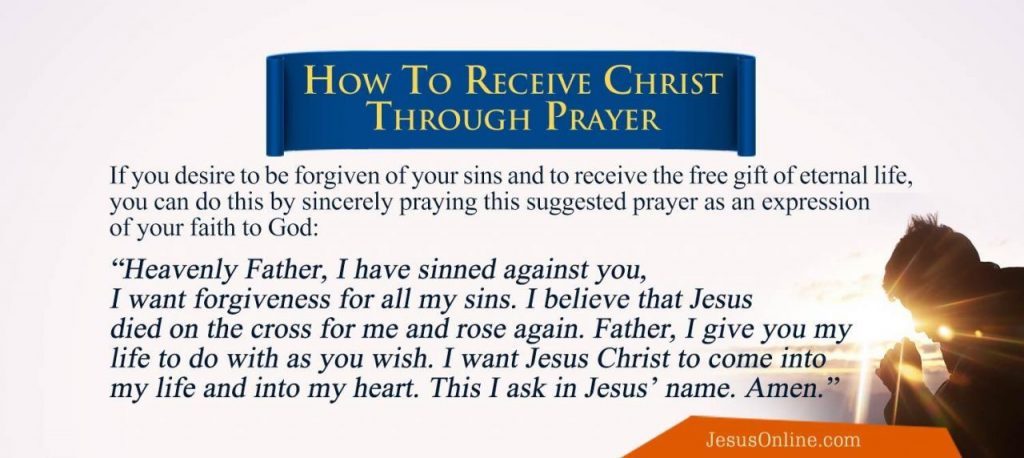Imagine the Designer
The universe not only implies the existence of a designer but suggests something about what he might be like.
In the movie Contact, Jodi Foster portrays Ellie Arroway, a beautiful young scientist obsessed with finding intelligent life on other planets. One day, as Ellie monitors radio transmissions from space, a coded message flashes across her computer screen. The stunned Ellie realizes that intelligent beings have communicated with Earth from beyond our galaxy.
Decoding the instructions, Ellie and her colleagues discover the encrypted blueprint for an advanced spacecraft that will transport them to the distant galaxy, millions of light years from Earth. Once the spacecraft has been built, Ellie is chosen to become its sole passenger.
Although Ellie’s boyfriend objects, her passion for meaning in life overpowers her love for him. Turning to him, Ellie explains her reason for leaving him: “I’ve been searching for something, some reason why we are here. What are we doing here? Who are we?”
Ellie speaks for many of us who wonder about life. Who are we, and why are we here? (Actually, some of you may be wondering about more mundane things, like what’s for dinner, or what she thinks of you.)
Has science, with its new discoveries in outer space and inside the molecular world, reached a point where it can shed light on such profound questions? Never has there been a more exciting time in the history of science. What does the fine-tuning of cosmos and intricate complexity of DNA mean to us?
Admitting the Appearance of Design
In light of recent discoveries, many leading scientists have had their materialistic presuppositions challenged. One of those, Sir Fred Hoyle, was a world-renowned astronomer and founder of the Institute of Astronomy at Cambridge.
Although Hoyle remained an agnostic, the brilliant astronomer remarked, “A common sense interpretation of the facts suggests that a superintellect has monkeyed with physics, as well as chemistry and biology.”1
Hoyle is not alone. Other great scientists have alluded to the compelling evidence for design in the universe, yet have been unwilling to ask the question of who planned it, or to delve into the reason behind the universe. Stephen Hawking admits scientists’ reticence to probe questions of our origins, stating, “There must be religious overtones. But I think most scientists prefer to shy away from the religious side of it.”2
However, there are scientists who are not so shy, and are asking profound questions: Why is the universe so finely-tuned for life? Has a designer left his fingerprints? Why are we here?
Asking Deeper Questions
Although Hawking tries to avoid religious discussion, he still asks,
What is it that breathes fire into the equations and makes a universe for them to describe? The usual approach of science of constructing a mathematical model cannot answer the questions of why there should be a universe for the model to describe.
Up to now, most scientists have been too occupied with the development of new theories that describe what the universe is to ask the question why. On the other hand, the people whose business it is to ask why, the philosophers, have not been able to keep up with the advance of scientific theories.3
Here Hawking opens up new territory for scientists. Since Copernicus, and especially after Darwin, materialism had ruled the day in science. Any reference to God was scoffed at as a “God of the Gaps” argument, another way of saying “God is merely a stop-gap explanation for lack of knowledge, and has no place in our materialistic universe.” But now it is scientists who are actually initiating the discussion about an intelligent designer.
Theoretical astrophysicist George Greenstein, in his book, Symbiotic Universe, asks, “Is it possible that suddenly, without intending to, we have stumbled upon the scientific proof of the existence of a Supreme Being? Was it God who stepped in and so providentially crafted the cosmos for our benefit?4
Greenstein is a luminary in his field, being a professor of astronomy at Amherst College and a recipient of the Phi Beta Kappa Award in Science. This isn’t Forrest Gump here, scratching his head at the complexity of it all or attributing to God what he simply can’t grasp. Neither are other scientists who, like Greenstein, are looking at the scientific evidence and pondering the reality of God.
What Kind of Designer?
If leading scientists like Greenstein are right in their conclusions that a designer exists, are there things that can be deduced about his nature from the observation of the universe? Why did he create us? Has he left any clues about our purpose here on planet Earth? Although these questions move beyond science into the realm of natural theology, they have been provoked by new discoveries in science.
So, if a designer has left clues about himself, where would we look for them? To begin our search, we need to examine the universe to see if he has left his fingerprints. Just as the paintings of The Last Supper and Mona Lisa tell us something about their artist, Leonardo Da Vinci, and Beethoven’s Fifth Symphony reveals clues about its composer, we should be able to discern clues about a designer by observing his universe.
Although scientific evidence only gives us a partial picture of what a designer is like, the universe does reveal some insightful clues about his nature.
The following characteristics seem to emerge. The designer is a
- purposeful designer
- powerful designer
- superintelligent designer
- personal designer
Once scientists discovered the remarkable fine-tuning of the universe, many reasoned there must be a purpose behind it. Paul Davies, one of the leading theoretical physicists in the world, writes, “If the universe has been designed by God, then it must have a purpose.”5
Mathematician Roger Penrose –who, with Hawking, derived proof for the beginning of time–offers his insight:
There is a certain sense in which I would say the universe has a purpose. It’s not there just somehow by chance. Some people take the view that the universe is simply there and it runs along–it’s a bit as though it just sort of computes, and we happen by accident to find ourselves nin this thing. I don’t think that’s a very fruitful or helpful way of looking at the universe. I think that there is something much deeper about it, about its existence, which we have very little inkling of at the moment.6
Penrose deduces that the fine-tuning of physical constants (See “Why Is Only Earth Suitable for Life?“) for man’s existence is so improbable that it must have been intentionally planned. And it follows that whoever intentionally created the universe has a purpose that must include us. In his book, Superforce, Davies writes,
The laws which enable the universe to come into being spontaneously seem themselves to be the product of exceedingly ingenious design. If physics is the product of design, the universe must have a purpose, and the evidence of modern physics suggests strongly to me that the purpose included us.7
If purpose is apparent from the fine-tuning of the universe, its awesome power is evident from startling new discoveries made possible by Hubble and other high-powered telescopes. Consider a few of the latest findings:
- Black holes have such powerful gravitational force that even light cannot escape their grasp. Large ones gobble up stars like our Sun as mere snacks. (Maybe yummy…but a little too hot).8
- Supernova eruptions are so powerful that their light can rival the visual brightness of an entire galaxy with 100 billion suns. The resulting neutron star is so dense that on Earth, one teaspoonful would weigh a billion tons!9
- Quasars generate the energy of 100 galaxies, shine with the intensity of a trillion suns, and reach temperatures of several million degrees.10
- Gamma-ray bursts have the power of 10 billion billion suns. A single gamma-ray burst is capable of obliterating life on Earth in milliseconds.11
Power demonstrated by great earthquakes and thermonuclear explosions would be virtually insignificant when contrasted with that of black holes, gamma-rays, or quasars. Yet, even those are miniscule when compared with the power demonstrated at the beginning of the universe. Scientists are not only amazed at the power within the cosmos, but even more in awe of the power required to create and control it all.
Scientists are also in awe at the incredible genius behind the universe. Arguably the greatest mind in the history of science, Albert Einstein acknowledges that the mind behind the universe is a “superintelligence of such superiority that, compared with it, all the systematic thinking and acting of human beings is an utterly insignificant reflection.”12 Einstein acknowledged this intelligence without ever defining it in personal terms.
Perhaps with DNA engineering, man will discover ways to increase human intelligence or develop supercomputers far more advanced than Deep Blue, the IBM version that defeated Grandmaster Gary Kasparov in chess. But as Einstein notes, we can’t compare human genius with the intelligence of the one who designed it along with the universe and its laws of physics, quantum mechanics, and the intricate complexity of DNA?
Astronomer Hugh Ross explains that it is impossible to impose any limit on either the power or intelligence of a transcendent Creator.13 That is because the Creator would not be restricted by any of the constraints of our four-dimensional world–including time.
Think for a minute of a being outside of time and the limitations of gravity and other natural forces. Our natural laws would have no power over him since he would be in complete control of them. And, being outside of time, he would know everything in the past–present–and future.
But is the Creator of the universe merely an energy force like a microwave or is he personal like us? Is he aloof and non-relational like The Force in Star Wars? If so, how was an impersonal force capable of creating personal, relational beings? This is the question that has puzzled both scientists and philosophers.
In Contact, Ellie Arroway supposedly discovers the purpose she had been yearning for, but not from a personal creator. After returning from her encounter with an advanced civilization, Ellie tells her Christian friend Palmer,
The story I have to tell you isn’t exactly about Punishment and Reward….There’s not a word in it about Jesus. Part of my message is that we’re not central to the purpose of the Cosmos.14
Ellie continues, “The universe was made on purpose….In whatever galaxy you happen to find yourself, you take the circumference of a circle, divide it by its diameter, measure closely enough, and uncover a miracle–another circle, drawn kilometers downstream of the decimal point. There would be richer messages farther in. It doesn’t matter what you look like, or what you’re made of, or where you come from. As long as you live in this universe, and have a modest talent for mathematics, sooner or later you’ll find it.” Sagan ends his novel with this message: “She found what she had been searching for.”15
Is it possible that an impersonal, mathematical force like Ellie’s circles is behind everything in the cosmos? In his book, The Kalam Cosmological Argument, Dr. William Lane Craig argues that it isn’t. He states that a beginning to the universe proves that its Creator is personal. Craig summarizes the possibilities:
- The universe either (a) had a beginning or (b) had no beginning.
- If it had a beginning, the beginning was either (a) caused or (b) uncaused.
- If it had a cause, the cause was either (a) personal or (b) not personal.16
Therefore, since the evidence clearly points to a universe that had a primary cause, it logically follows that the cause was personal. According to Craig, intelligence, volition (will), and power are all implied in the act of creating. If we think about a painting such as the Mona Lisa, we see the same things. Leonardo Da Vinci needed intelligence, volition, and power to paint the image he wanted to portray. These attributes point to Da Vinci being a person, and not a mere force.
Philosopher Francis Schaeffer concurs, asserting, “No one has ever demonstrated how…an impersonal being can produce the needed complexity of the universe, let alone the personality of man.”17
Has the Designer Spoken?
Yet, in spite of these arguments for a personal creator, materialists remain unconvinced. They speak of a cold, uncaring universe that has originated by undirected forces blindly operating through eons of time. They believe in a universe without any purpose. But some startling new evidence recently brought forth seems to challenge their skepticism.
In The Privileged Planet, theologian Jay Richards and astronomer Guillermo Gonzalez reveal a startling fact: Earth has been placed in an optimal location for scientific observation of our universe.18
In other words, if Earth was in a slightly different position in our solar system or galaxy, or located in another galaxy, we might find ourselves looking at a night sky with no stars to observe. Or the sky might be so flooded with light that we couldn’t distinguish one star from another. If we didn’t have this optimal position, many of the discoveries about our universe would have been impossible.
Imagine being in a large room with many seats and one tiny window with a view of space. One front row seat has a view, while the occupants of other seats can’t see out. Earth’s position in the universe is like having that front-row seat. Our front-row seat to the universe isn’t part of the fine-tuning requirement for life, but it seems to have been given to us intentionally. Richards and Gonzalez conclude that a designer wants us to know and understand his universe.
At this point many might ask, “so what? How does that impact my life?” The obvious next question is, has a personal creator related to us in ways we can better understand? And if so, where do we look to discover more about his nature, and what he has said about our purpose?
Agnostic George Smoot has remarked that an obvious parallel exists between the big bang and the Christian teaching of creation from nothing.19 Smoot takes his inference to the Christian God no further, presumably leaving it for theologians.
Theology, like philosophy or science, makes logical deductions –in this case, logical deductions about the nature of God. So let’s see what we can logically deduce from what science has told us about God. Since we have seen evidence from science and logic that the Creator of the universe is purposeful, powerful, super-intelligent, and personal, he certainly would understand our desire to know more about him and his purpose for creating us.
A creator who intentionally designed us with consciousness, personality, and the ability to communicate would be able to communicate with us if he so desired. Just as SETI is searching outer space for messages from intelligent beings in other galaxies, so we would expect a personal creator to have given us a message in a way we could understand. Of all creatures on Earth, humans are the only ones who are able to communicate propositional ideas –and we do it through written and spoken language.
Although our brief attempt to make sense of the universe cannot possibly look at each religion or its god, Smoot’s assertion that a parallel exists between the scientific evidence for a beginning and the Christian teaching of creation deserves a deeper look.
The Judeo-Christian Bible remarkably presents a God who is purposeful, powerful, superintelligent, and personal. It speaks of this God as an infinite, eternal Creator, who alone made everything there is from nothing. Although he is presented as a fearsome God of law and order, he is also shown to be a God of love who created us for a relationship with himself.
Well, perhaps we should stop here. But we can’t resist taking our logic one more step. If God were really there, and if he revealed himself through science, and even through the written word, would that be sufficient? Would that show the highest order of care and communication? We’re persuaded that it would not.
If you really love someone, sending them an email every month or so just wouldn’t cut it. Sooner or later, if you really care, you’ll be compelled to drop in for a visit –show up and get involved in his or her life.
We close by suggesting that God may in fact have done just that –“shown up.” Here we leave physics and chemistry and biology, and turn to history, a field of human inquiry that can also provide knowledge about the real world.
As we examine the history of mankind, is there any evidence that a designer has paid us a visit –and actually dropped in on us? Is it possible that God has visited Earth in human form? Many laugh at such an idea, recalling numerous ancient myths and legends that utter tales of superhuman gods visiting Earth. However, if the Creator paid us a visit, we would not be looking for a myth, but a real person who has transformed history.
Whereas history records the feats of many great people, only one person has truly transformed history. Yale historian, Jaroslav Pelikan tells us his name: “Jesus of Nazareth has been the dominant figure in the history of Western culture for almost twenty centuries.” When the great secular historian, H. G. Wells was asked what person had the biggest impact upon world history, he answered, “By this test, Jesus stands first.”
But historical impact is only one element of Jesus’ uniqueness. There are several other reasons why this one man is worthy of a deeper look. His life, his reported miracles, and his claims, convinced his followers that he was more than a mere man. They left a written record that Jesus was the one who put the stars in space, established the laws of the universe, and created you and me.
But were they deluded? Or could the entire account of Jesus have been a conspiracy like The Da Vinci Code asserts? Was Jesus Christ just a great man who was later deified by the Roman emperor, Constantine and the fourth century church? Or are the written accounts in the New Testament right? Did the Creator actually drop in on us and pay us a visit?
These all-important questions about this intriguing person are the subject of another investigation: Y-Jesus. In the Y-Jesus magazine which is about the most fascinating person in history, we examine evidence outside the Bible and tradition in order to solve the mystery of Jesus’ true identity. And if he is really who he claimed to be, we want to know what he said about you and me, and our purpose in the universe.
As we contemplate our place on this remote planet in a universe of ten billion trillion stars, we come back to the question, are we accidents, or are we special?
Materialist Stephen Jay Gould considered us lucky to be alive– “the glorious accident resulting from 60 trillion contingent events.” Yet, as leading scientists examine the universe, another picture is beginning to emerge. Many of these scientists are convinced that we are a divine conception, the intentional work of a powerful, super-intelligent, purposeful designer. If true, we are special.
Endnotes

